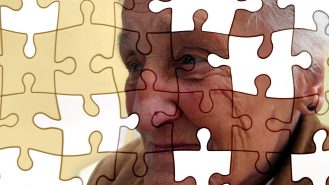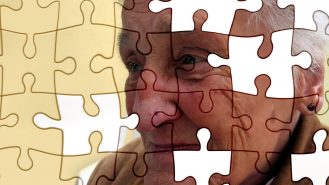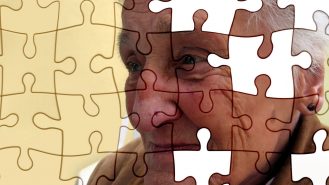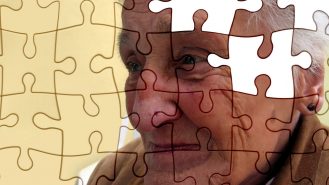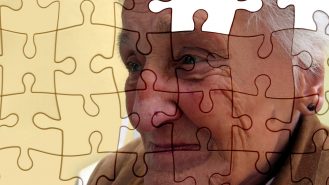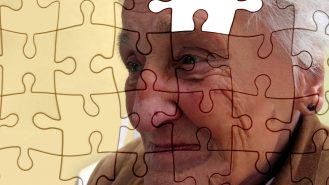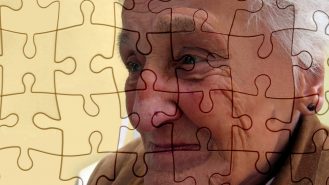Course organiser:Chris Botur
Presenter:Various
11 Apr:
Paul Broady, former teacher, School of Biological Sciences, UC on 'Life on Land in Antarctica – in a Changing Environment.'Antarctica has long been regarded as a continent of little change perpetually locked in ice and with a small
human presence. However, change in some coastal regions and off-shore islands is now accelerating. A
warming climate is affecting life in lakes and on ice-free land. Introduced plants and insects are encountered
more frequently and at a wider range of locations. Some might be naturally dispersed from the north whilst
others are transported south by increasing numbers of scientific personnel and tourists. Construction of new
research stations and associated land-based airstrips greatly impact areas that were once wilderness. To protect
the natural values of Antarctica we will have to get serious in our actions to combat climate change and also
limit our physical presence in the region.
18 Apr:
Assoc. Prof. Wolfgang Rack, Gateway Antarctica, UC on 'New Views of the Frozen World – Remote Sensing Studies in Antarctica.'A solid understanding of our future climate depends critically on spaceborne observations of the Antarctic ice sheet and sea ice. Satellite remote sensing is an indirect and contactless measurement technique which requires validation on the ground. Ice thickness is amongst the most fundamental variables to be monitored to quantify change; this can only be achieved with satellites which enable complete and repeated coverage. In this presentation I will discuss the newest results of the international research community to assess the state of the polar cryosphere together with our contributions to assess its ice thickness.
2 May:
Ursula Rack, Adjunct Fellow, Gateway Antarctica, UC on 'Antarctic Exploration from the Heroic Era until 1959.'The presentation will introduce you to the beginnings of polar exploration until 1959. After
this time polar exploration changed its style and is still going on today. Different interests
were the drivers and were often interwoven. National expeditions, however, worked
sometimes in collaboration to answer complex scientific questions. Economic reasons and
technical innovation were also involved in the ambitious events to reach the southern
continent. These links and connections will be the focus of this talk.
9 May:
Ursula Rack, Adjunct Fellow, Gateway Antarctica, UC on 'Survival on the Ice from a Historical Perspective.'Survival on the ice was in the early days characterised by trial and error. Some early explorers
experimented from experiences in the North. The first Antarctic manual (1900) was based on
the Arctic manual. Living in the ice taught the expedition members very quickly to adjust. Each
sort of supplies had to be carefully calculated and often food supply was taken from the
environment (which was not always welcomed). This presentation focuses on the attempts to
survive in this harsh environment and how it developed to the sophisticated ways to work and
live in the Antarctic today.
16 May:
Daniela Liggett, Senior Lecturer, Gateway Antarctica, UC on 'Governing the Seventh Continent.'This session will explore the unique system of governance that is in place for Antarctica and designates
the continent as a natural reserve devoted to peace and scientific collaboration. We will discuss some of
the extraordinary achievements of the Antarctic Treaty System, look at the series of events that
stimulated the negotiation of the Antarctic Treaty (essentially, the world’s first anti-nuclear agreement),
and examine the challenges Antarctic decision makers face today.
